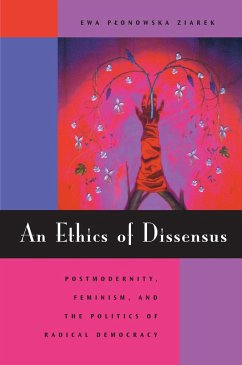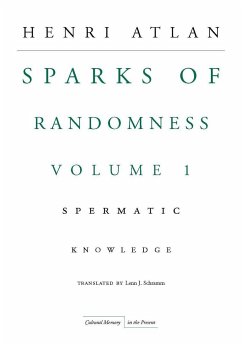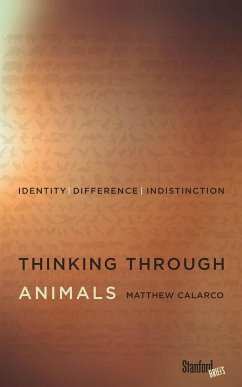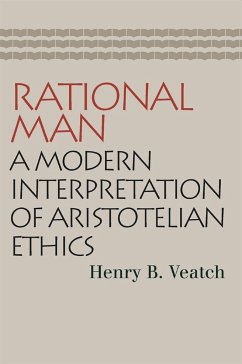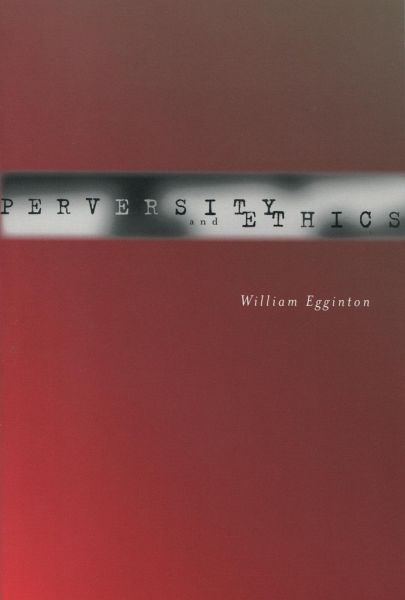
Perversity and Ethics

PAYBACK Punkte
18 °P sammeln!
William Egginton argues that the notion of the ethical cannot be understood outside of its relation to perversity--that is, the impulse to do what one knows and feels is wrong. The allure of the perverse, moreover, should not be understood as merely the necessary obverse of ethically motivated behavior; rather, from the perspective of a psychoanalytic understanding of the ethical, the two drives are structurally identical. This discovery leads the author to engagements with deconstructive thought and with contemporary gender theory. In the first, he shows that the insistent resurgence of the e...
William Egginton argues that the notion of the ethical cannot be understood outside of its relation to perversity--that is, the impulse to do what one knows and feels is wrong. The allure of the perverse, moreover, should not be understood as merely the necessary obverse of ethically motivated behavior; rather, from the perspective of a psychoanalytic understanding of the ethical, the two drives are structurally identical. This discovery leads the author to engagements with deconstructive thought and with contemporary gender theory. In the first, he shows that the insistent resurgence of the ethical fault-line inevitably drives even the most stalwart atheism to a theological moment. In the second, he argues that while "female philosophy" has successfully repudiated the subject-centered exceptionalism of "male philosophy," it is precisely to the extent that it is understood to offer a kind of release from the perversity of ethics that it must fail as ethical utterances.



